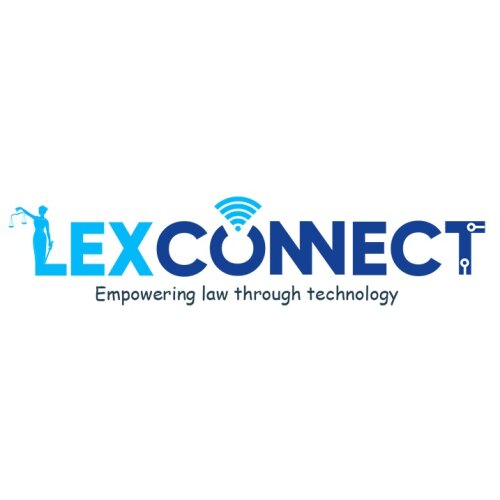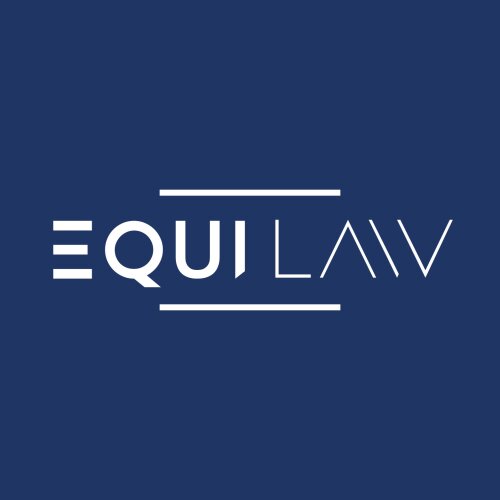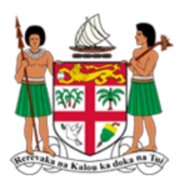Best Copyright Lawyers in Fiji
Share your needs with us, get contacted by law firms.
Free. Takes 2 min.
Or refine your search by selecting a city:
List of the best lawyers in Fiji
About Copyright Law in Fiji
Copyright law in Fiji is primarily governed by the Copyright Act 1999. It provides protection for original works of authorship, including literary, artistic, musical, and dramatic works, as well as other forms of creative expression. The law not only safeguards the creator's rights over the use and distribution of their works but also ensures that the public benefits from robust intellectual property frameworks by encouraging creativity and innovation. Fiji's copyright law is designed to harmonize with international standards and conventions, such as the Berne Convention for the Protection of Literary and Artistic Works, to which Fiji is a signatory.
Why You May Need a Lawyer
There are several common situations where individuals or businesses might seek legal assistance in copyright matters:
- If you're an author, artist, or creator looking to protect your work from unauthorized use or distribution, a lawyer can help you understand your rights and advise you on how to enforce them.
- For businesses using copyrighted material, legal counsel is vital to ensure compliance with copyright regulations and avoid potential infringement disputes.
- If you believe your copyright has been infringed, a lawyer can assist in filing a legal claim and navigating the complexities of intellectual property litigation.
- When negotiating licenses or permissions with other creators or entities, having a lawyer can ensure that your rights and interests are adequately safeguarded.
- In the event of a dispute regarding ownership or rights to a piece of work, legal advice is crucial to achieve a fair resolution.
Local Laws Overview
The Copyright Act 1999 outlines several key aspects of copyright law in Fiji:
- It grants authors and creators exclusive rights to reproduce, distribute, and display their work, among other rights, for a set duration, usually the lifetime of the creator plus 50 years after their death.
- The Act defines infringement and provides legal remedies, including damages and injunctions, for cases where copyright is violated.
- It provides specific exceptions and limitations to copyright, allowing for certain uses like private study, research, and educational purposes without constituting infringement.
- Moral rights protections are extended to creators, ensuring their rights to attribution and the integrity of their work are respected.
- The Act establishes the existence of a copyright tribunal, which handles disputes and offers mediation services for copyright issues.
Frequently Asked Questions
What is copyright protection, and what types of works are eligible?
Copyright protection grants creators exclusive rights to use and distribute their work. Eligible works include literary, musical, artistic, dramatic works, and certain other creative expressions like films and sound recordings.
How long does copyright protection last in Fiji?
In Fiji, copyright typically lasts for the creator's lifetime plus 50 years after their death for most works.
Can I use copyrighted material without permission for educational purposes?
Yes, the Copyright Act allows for fair use of copyrighted materials for educational purposes, provided it satisfies certain conditions and does not undermine the market for the original work.
What constitutes copyright infringement?
Copyright infringement occurs when someone uses a copyrighted work without permission or legal authority in a way that violates the rights of the copyright holder, such as reproducing, distributing, or performing the work publicly.
How can I register a copyright in Fiji?
Fiji does not have a formal copyright registration system since protection is automatically granted upon creation. It is advisable to maintain records that prove authorship and the date of creation.
What are moral rights under Fijian copyright law?
Moral rights refer to the creator's rights to be identified as the author of a work and to object to derogatory treatment that could harm their honor or reputation.
Can I transfer my copyright to someone else?
Yes, copyright can be transferred or assigned, wholly or in part, to others, typically via a written agreement specifying the terms of the transfer.
How are copyright disputes resolved in Fiji?
Disputes can be resolved through negotiations, mediation facilitated by the copyright tribunal, or, if necessary, litigation in Fijian courts.
What remedies are available for copyright infringement?
Remedies include obtaining an injunction to stop further infringement, monetary damages, and destruction of infringing copies.
Does Fiji recognize copyright from other countries?
Yes, as a signatory to international agreements like the Berne Convention, Fiji recognizes and offers protection to foreign copyrights under the principle of national treatment.
Additional Resources
For more information and assistance, you may consider the following resources:
- The Fiji Intellectual Property Office (FIPO) provides general guidance on intellectual property rights in Fiji.
- Engage with the Copyright Tribunal for dispute resolution services.
- Consult legal practitioners specializing in intellectual property law for professional advice.
- Review the Copyright Act 1999 for comprehensive legal information.
Next Steps
If you require legal advice on copyright matters, consider contacting a lawyer with experience in intellectual property law. You may also reach out to the Fiji Intellectual Property Office for initial guidance. Clearly identify your situation and what specific advice or action you need before contacting a legal professional. Finally, ensure that any legal agreements you enter regarding copyright are reviewed by a qualified expert to protect your rights and interests adequately.
Lawzana helps you find the best lawyers and law firms in Fiji through a curated and pre-screened list of qualified legal professionals. Our platform offers rankings and detailed profiles of attorneys and law firms, allowing you to compare based on practice areas, including Copyright, experience, and client feedback.
Each profile includes a description of the firm's areas of practice, client reviews, team members and partners, year of establishment, spoken languages, office locations, contact information, social media presence, and any published articles or resources. Most firms on our platform speak English and are experienced in both local and international legal matters.
Get a quote from top-rated law firms in Fiji — quickly, securely, and without unnecessary hassle.
Disclaimer:
The information provided on this page is for general informational purposes only and does not constitute legal advice. While we strive to ensure the accuracy and relevance of the content, legal information may change over time, and interpretations of the law can vary. You should always consult with a qualified legal professional for advice specific to your situation.
We disclaim all liability for actions taken or not taken based on the content of this page. If you believe any information is incorrect or outdated, please contact us, and we will review and update it where appropriate.
Browse copyright law firms by city in Fiji
Refine your search by selecting a city.















